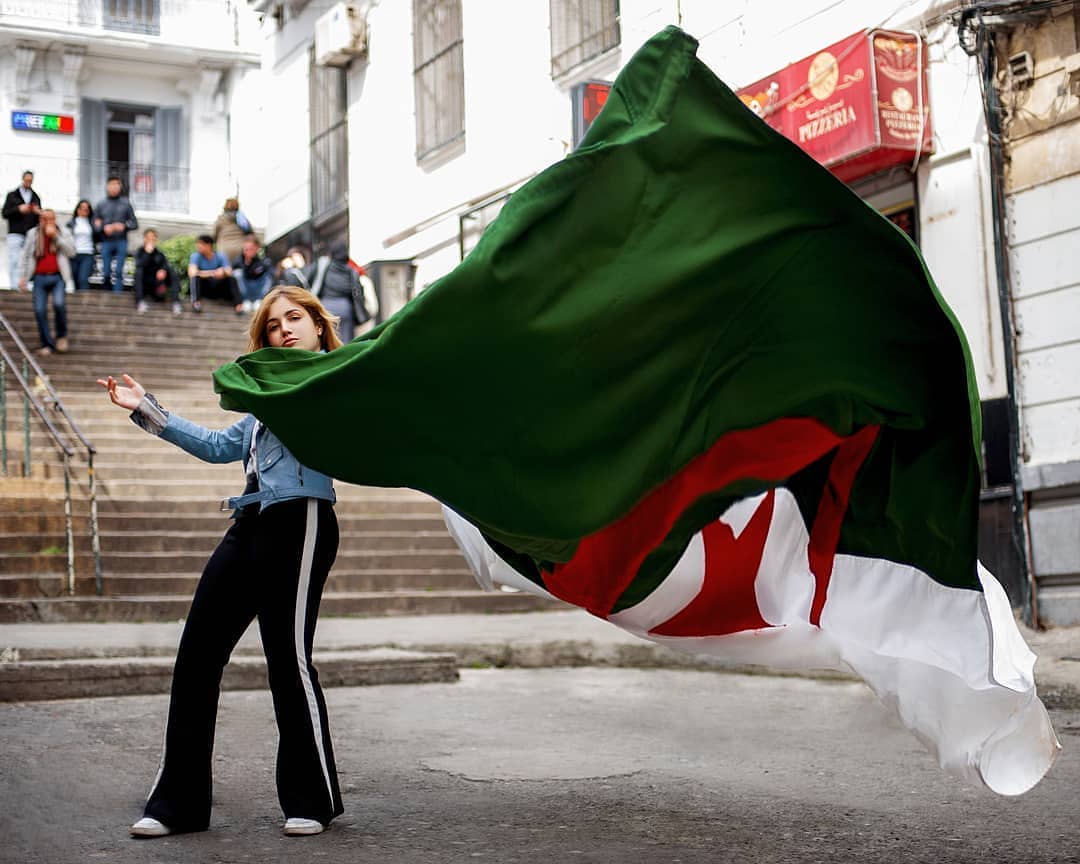The course applies the theories and conceptual tools of the discipline of International Relations to the study of the Middle East region. It uses the empirical material offered by the history, politics, political economy and international politics of the region to explore these concepts and theories. More specifically, it concentrates on the areas of foreign policy analysis, international political economy, gender, the study of international norms and conflict and peace studies. It explores the applicability of various International Relations theories (for example, realism and neo-realism; neo-liberalism; constructivism; English School; neo-Marxism and structuralism; and post-colonialism) to the study of the region.

IR315 – International Relations of the Middle East
The course applies the theories and conceptual tools of the discipline of International Relations to the study of the Middle East region. It uses the empirical material offered by the history, poli...